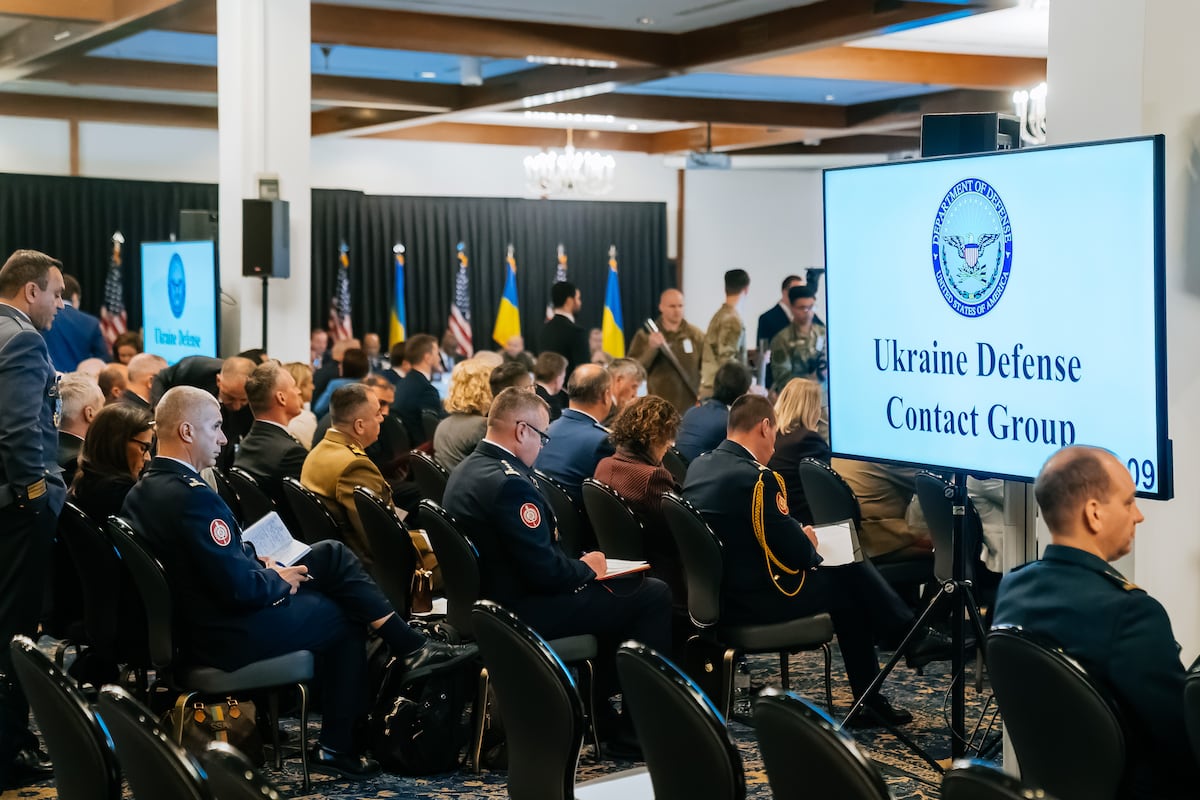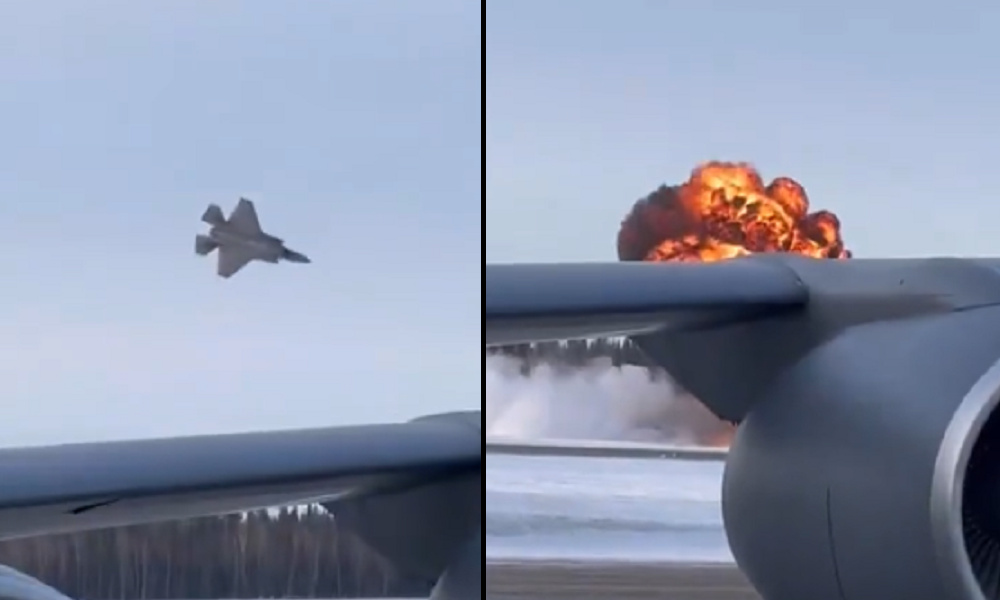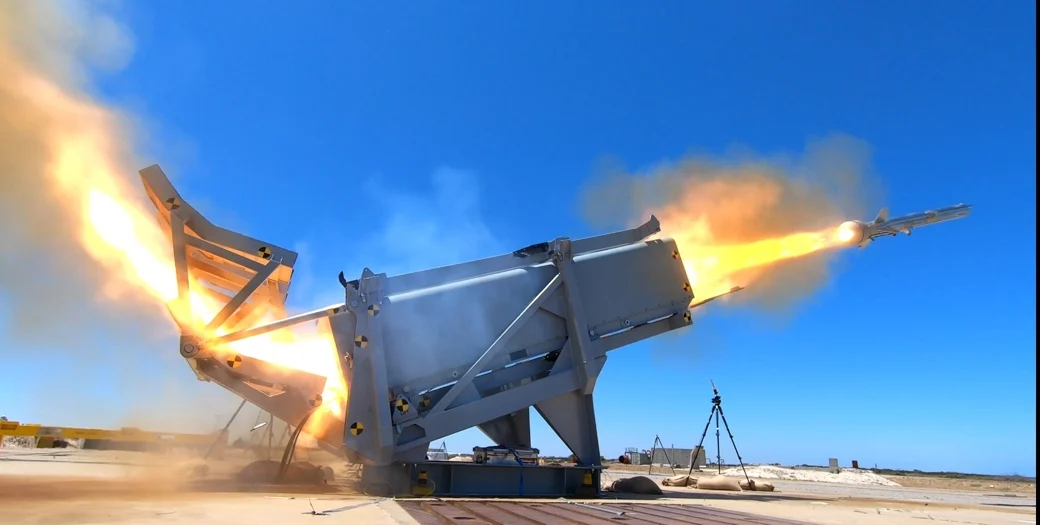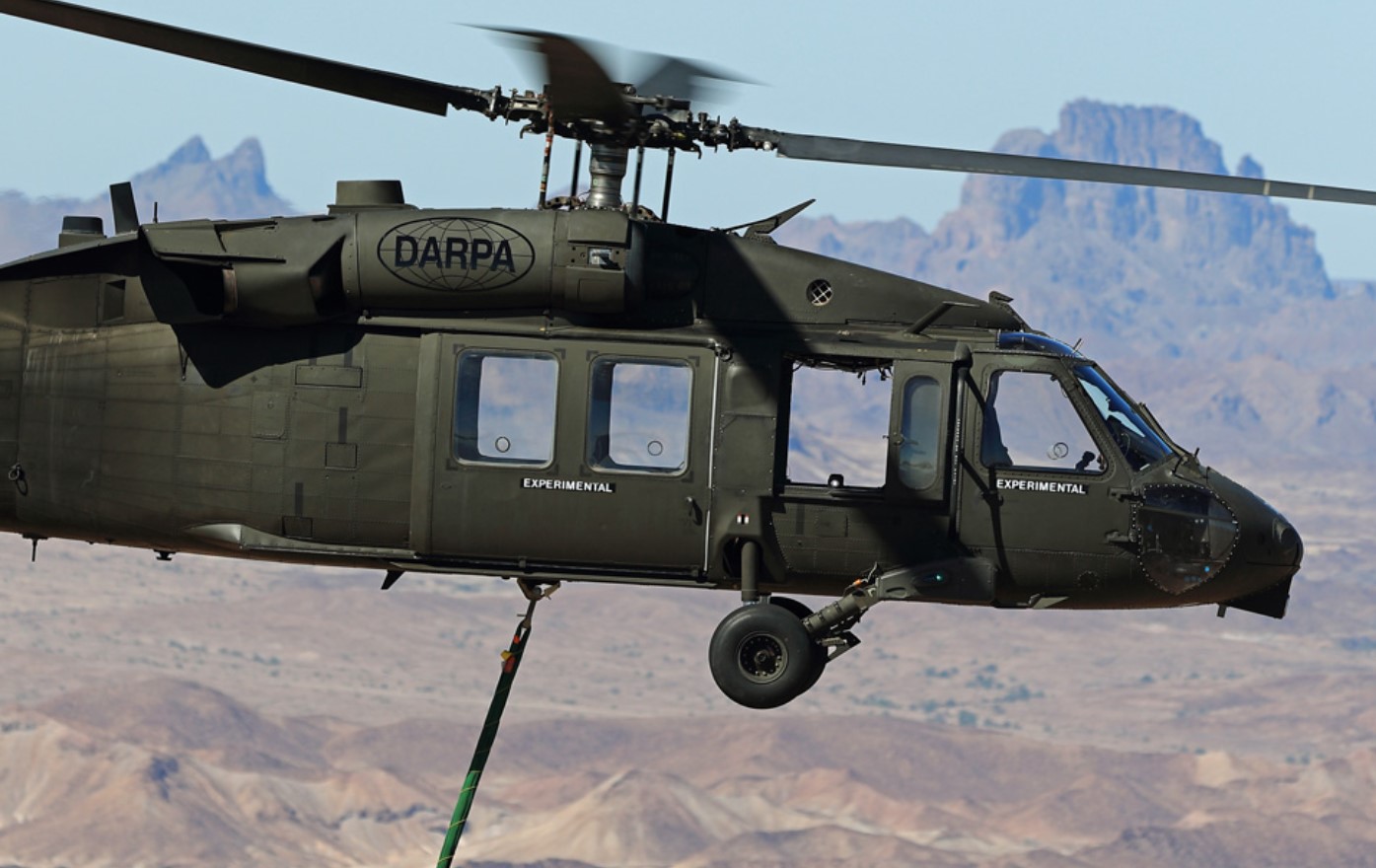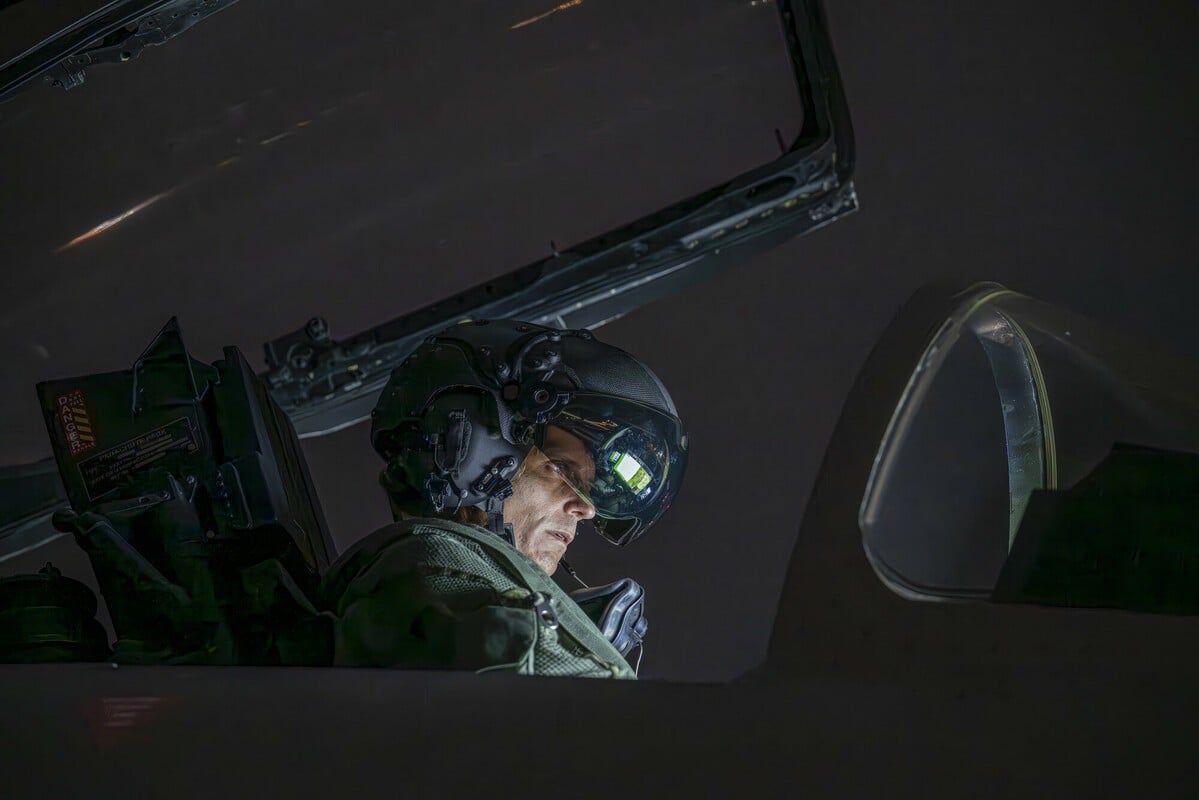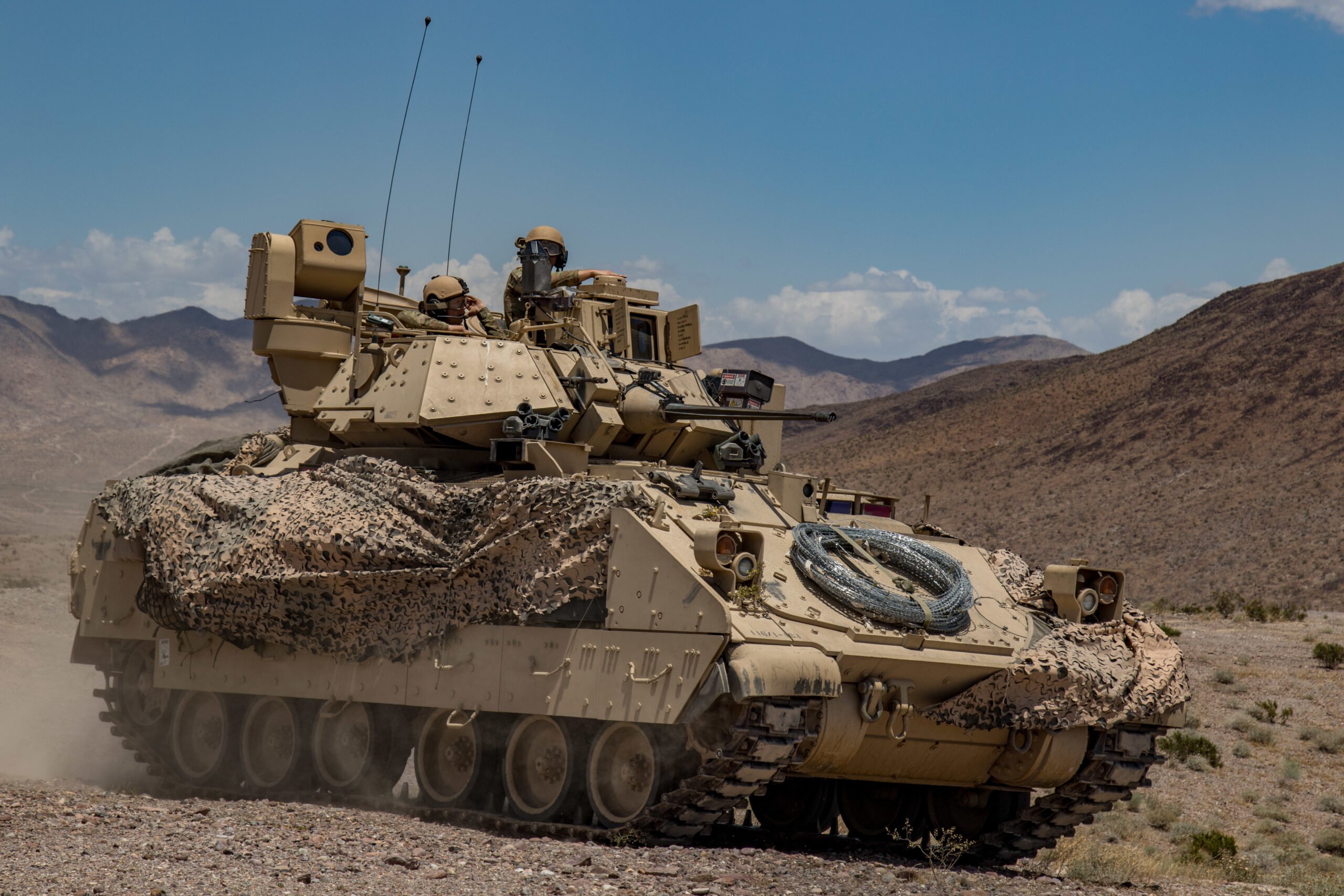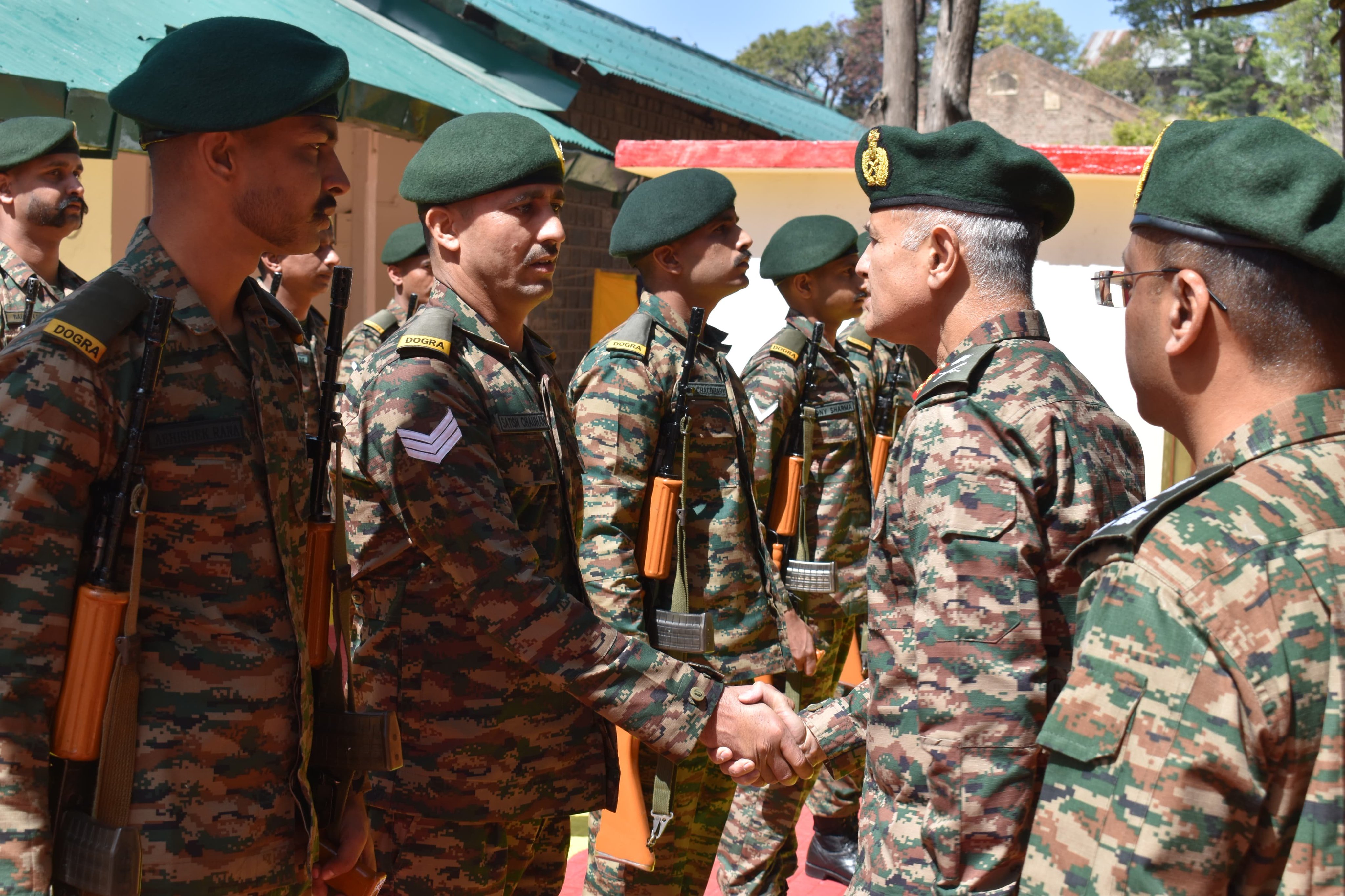Top defense officials from Europe’s largest military spenders gathered recently in Berlin, underscoring their commitment to the international Ukraine Defense Contact Group (UDCG) despite anticipated shifts in U.S. foreign policy under the incoming presidency of Donald Trump. The meeting involved representatives from Germany, France, the U.K., Poland, and Italy, who emphasized the necessity of maintaining the group’s ongoing support for Ukraine in light of the potential changes in American leadership.
The UDCG, also known as the Ramstein Group, was established to foster military cooperation among over 50 nations in support of Ukraine’s defense against Russia’s ongoing invasion. U.S. Defense Secretary Lloyd Austin has been pivotal in these efforts, which include regular meetings at the U.S. air base in Germany and through virtual platforms. Defense Secretary Boris Pistorius of Germany reaffirmed the group’s importance and indicated a collective desire to push for its continuity amidst shifting political dynamics. Ukrainian Defense Minister Rustem Umerov joined the meeting remotely and expressed the necessity of sustained support.
Building Ukraine’s own defense industry emerged as a focal point during discussions. The group aims to expedite weapons production within Ukraine, which would significantly reduce deployment times for necessary military supplies. Pistorius highlighted a particular interest in providing Ukraine with advanced, artificial intelligence-enabled drones and munitions, notably artillery rounds.
France’s immediate plans include delivering Mistral air defense missiles along with additional weaponry, the financing of which will derive from interest income accrued from frozen Russian assets—a strategy praised for its innovation by French Defense Minister Sebastien Lecornu. France is also actively training a brigade in eastern France, equipping over 2,000 soldiers with modern military vehicles such as VAB armored personnel carriers and AMX 10 RC infantry fighting vehicles. Lecornu reiterated ongoing support for training, echoing requests from Ukraine.
The ministers discussed the European Long-Range Strike Approach (ELSA), a collaborative project aimed at enhancing Europe’s military capabilities against diverse threats. The initiative, signed by France, Germany, Italy, and Poland, aims to develop a land-based long-range cruise missile system. Following significant developments, additional partners like the U.K. and Sweden joined the effort. MBDA, a pan-European missile manufacturer, has suggested an interim solution through a truck-mounted naval cruise missile system as part of this project.
In a bid to bolster deterrence against Russian aggression, agreements were made during a NATO summit earlier this year to station U.S. medium- and long-range missiles in Germany. Pistorius termed this deployment an “interim” arrangement until the ELSA initiative culminates in tangible results. However, uncertainty looms regarding the new U.S. administration’s commitment to these arrangements, and Pistorius acknowledged that if such decisions were to change, alternative solutions would need to be considered.
As European defense leaders navigate these challenging geopolitical waters, their unified stance underscores a dedicated effort to support Ukraine while simultaneously enhancing their defense capabilities across the continent.

